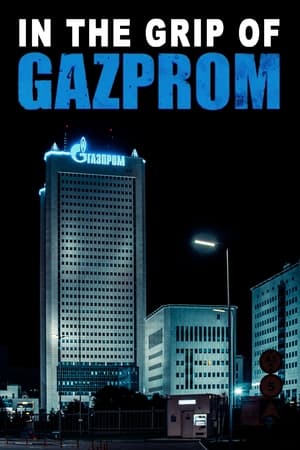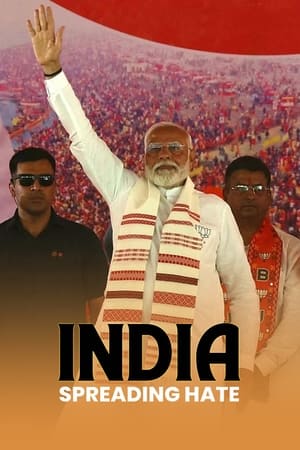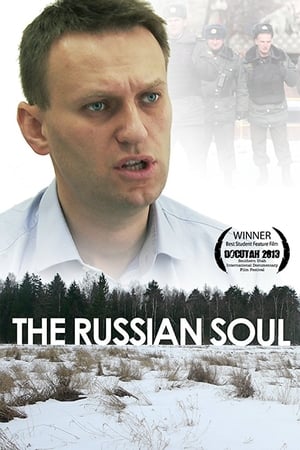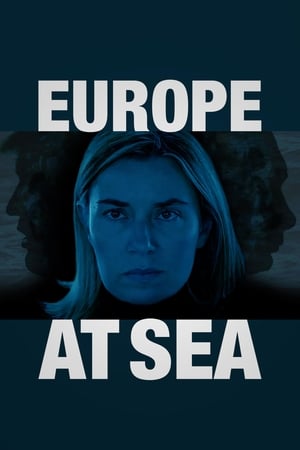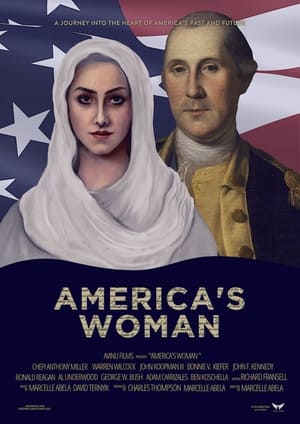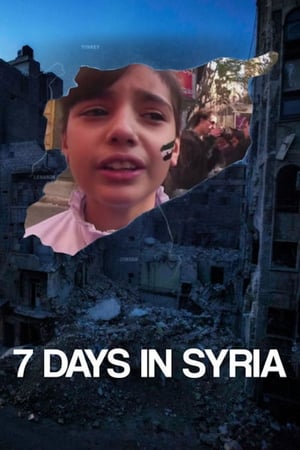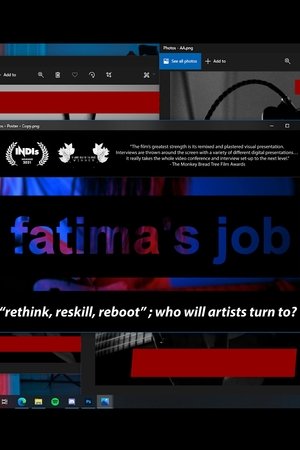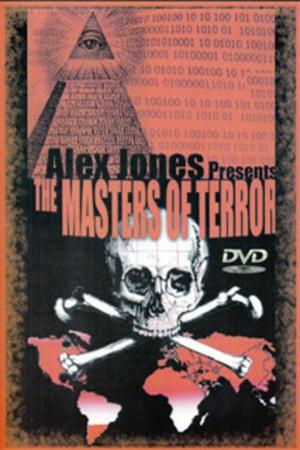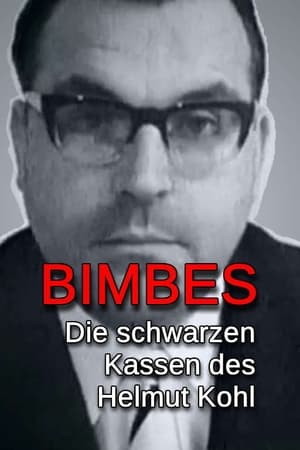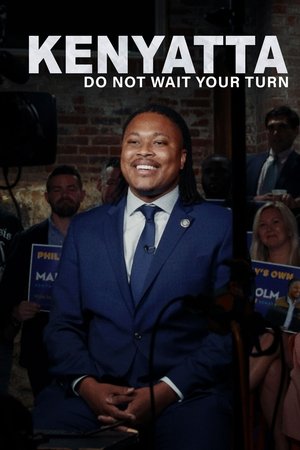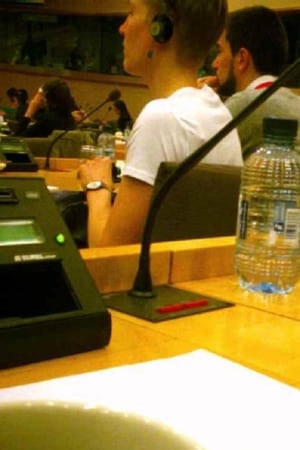Overview
On June 9, 2024, during the European elections, over half a million young voters backed Jordan Bardella, while others turned to Marion Maréchal. A new generation of leaders is emerging, reshaping old ideological foundations. From the youth wing of the Rassemblement National to student unions and Reconquête’s activists, we followed these key figures as they campaigned their way to the gates of power.

 52 min
52 min
 6
6
 2024
2024
 France
France
